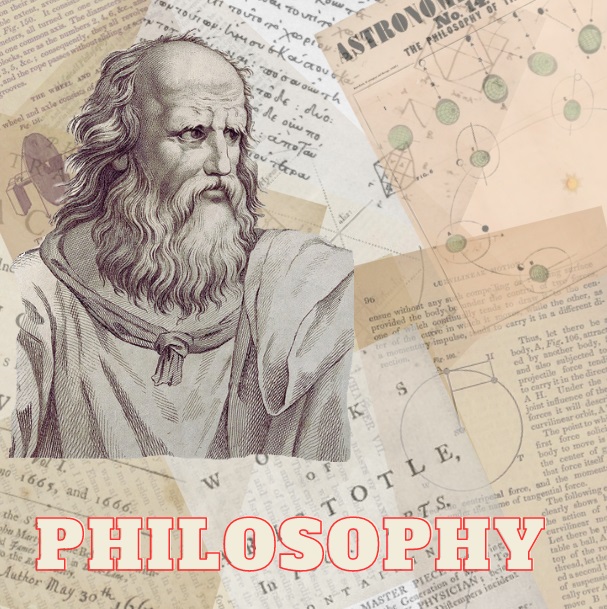Openings: Online Introduction to Philosophy
Section outline
-
Welcome to Introduction to Philosophy!

(Original Image created by Peter Klubek CC-BY)
Course Introduction
Introduction to Philosophy presents the student with an opportunity to engage in a guided philosophical examination of the different questions, texts and concepts developed by thinkers from both Western and Non-Western cultures. The student reads primary works of philosophy and engages in thoughtful discussion about the ideas raised by and in these works. Students complete examinations, quizzes, and assignments, and engage in class discussion. All in-class and out-of-class activities focus on elevating the student’s critical ability to read philosophical texts, comprehend concepts and conceptual frameworks, and apply the ideas we study to their self-understanding, understanding of the other, and understanding of the world.
In this class you will learn about the different ways that people from a variety of cultures and historical contexts have responded to perennial problems and how those responses have sculpted our contemporary situation.
Upon successful completion of this course, the student will be able to:Through the close study of a selection of philosophers and thinkers, you will be able to identify and evaluate some of the processes and critical debates that have sculpted human history With this knowledge you will be able to situate your thinking—and the thinking of others—in a philosophically-informed context.
As you complete this course you will demonstrate your critical thinking acumen by completing writing activities and other assignments.
You will be assessed on your ability to effectively communicate your identification, analysis, and evaluations of arguments and truth-claims.
You will discover and address personal biases by presenting convincing reasons and support for the conclusions you’ve drawn from class-related activities.
Structure of the Course
The course is has 16 weeks. The individual assignments are at the discretion of your instructor. Most modules have a paper or assignment associated with that learning section. These assignments are about every two to three weeks.
Navigating the Course
Introduction to Philosophy is an opening level study of 'the art of thinking' through the ages, with readings that span from Plato to modern times. The course is divided into a 16-week semester, with readings covering a two-week section. The learning should be culminating and build from week-to-week.
This course is set up in Modules covering various topics which may be accessed from the course navigation menu on the left or by scrolling below. Modules may be collapsed in the menu and it the body of the course to minimize scrolling. Each module includes the relevant chapters followed by various activities, which may include discussion forums, listening activities and quizzes, practice quizzes, module tests, and other relevant activities as appropriate for each module. Many items are required and may be marked as completed automatically when the activity has been submitted (the broken check box), but others will marked as done by the student (the solid check box).Please move through the items below and continue through the Learner Support and Getting Started modules before moving on to Module 1. Be sure to check for announcements and due dates to stay on track. This course and its contents are licensed under a Creative Commons Attribution 4.0 International License by LOUIS: The Louisiana Library Network, except where otherwise noted. Created and edited by Marco Altamarino, Ryland Johnson, Peter Klubek, and Michael Martin-
General news and announcements will be posted here. Such information will also be sent via email.
-
Background Colour
Font Face
Font Kerning
Font Size
Image Visibility
Letter Spacing
Line Height
Link Highlight
Text Colour
